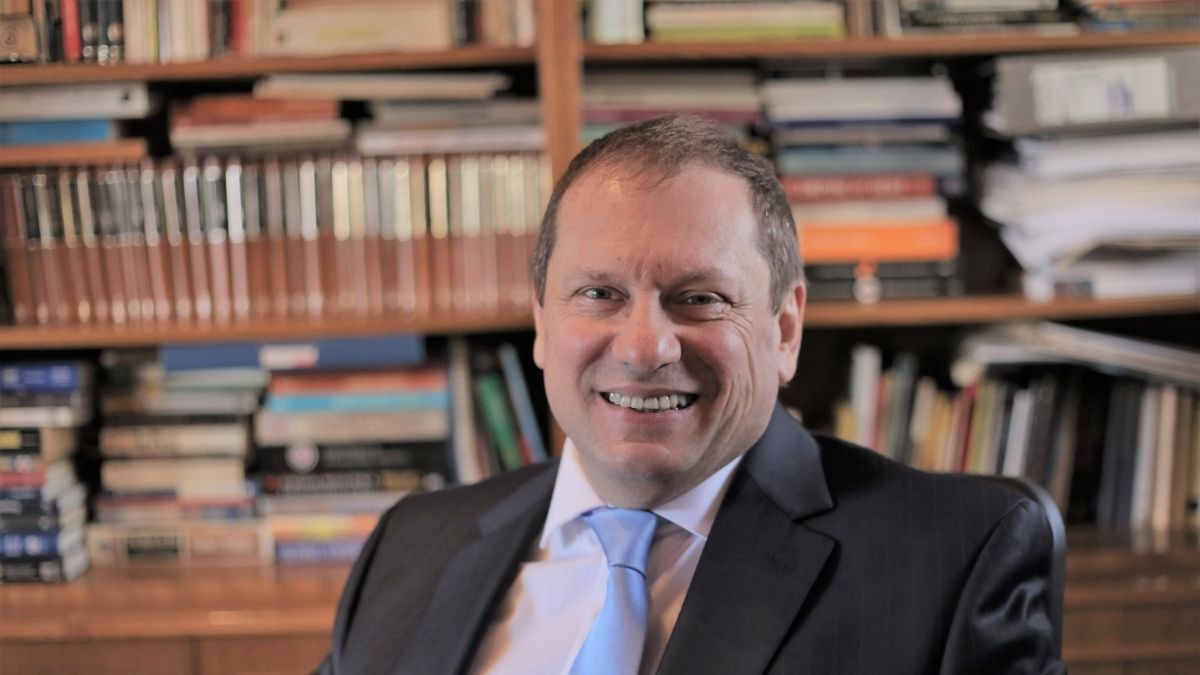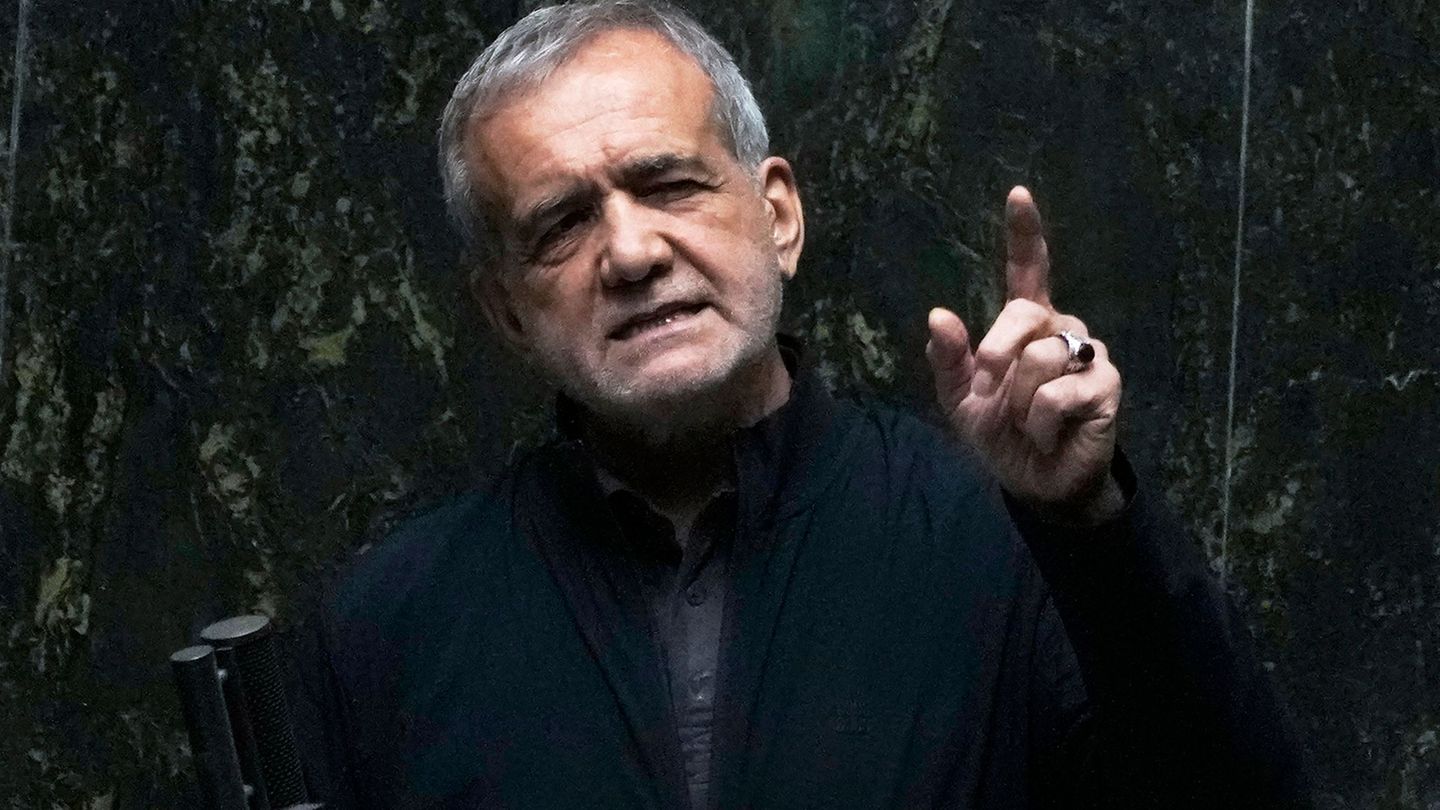Q: How does the report reach this conclusion?
PT: Through an exercise of simulations represents what the MSCI Argentina (Morgan Stanley Capital Investment Argentina) would look like If capital controls were lifted and they assume that only in that case, Argentina would be classified as an EM (emerging country). If everything is followed, they estimate that the potential capital inflows could reach almost US$ 1 billion. “A taste of little”
Q: What do you mean, if he complies? What should happen?
PT: For them to be reclassified, the following should occur: “lifting of the cepo”, update electricity, gas, and transportation rates and; improve the relationship between remunerated liabilities in local currency and reserves. Everything looks unlikely immediately. They cleverly point out: “it is a necessary condition”. They add: “The Research team expects to see progress during the fourth quarter, amid an upward trend in net bookings” (suggesting a necessary devaluation and setting an expiration date). Is due to his concern about negative net reserves. He sharply warns that, If the “cepo” is not lifted, there is no next step. AND, If the “cepo” is lifted, even so, for MSCI to initiate a consultation process, would take at least a year, suggesting up to 2 years with 2 examples, to see Argentina reclassified again to Emerging Market. It refers, for example, to May 2019, when Argentina was reclassified from a Border Market to a Market Emerging after a two-year consultation process.
Q: The report compares Macri’s first 8 months with Milei’s first 8 months to establish parameters…
PT: That’s right, and they say that Milei beats Macri in everything. But the most complex thing is that, “Country risk” measured by the 10-year CDS is 5 times higher with Milei, than in the first 8 months of Macri.
Q: How do you view the current situation in general?
PT: We are not facing a one-off crisis, nor a transitory one, it is not the first phase that is ending; the program has run its course, they are kicking everything forward. I have no doubt that there will be a derailment, the million dollar question is: in slow motion, or at what speed? Milei ceded political power to the Caputos and that is very dangerous. A fierce internal struggle broke out in the ideological and political space. The worst thing is that each one of them thinks he knows, no one agrees with the other: Milei vs. Villarruel, Milei vs. Macri, Macri vs. Bullrich, Santiago Caputo vs. Macri, Caputo vs. Sturzenegger…
There can be no unity between the LLA and the PRO because they only agree on cutting pensions. In other aspects there are different interests at stake. Macri ordered a vote against the funds for the SIDE because he wants to maintain his “competitive advantage” there (Michael Porter). In addition, the PRO voted in self-defense, the heat is rising and issues that have been shelved for 5 years may come out. There is no need to be confused.
Faced with recession, poverty and indigence, what can they both do? According to Sturzenegger, in 4 years Macri has reduced the GDP per capita by more than 10%. It is impossible for them to react because unemployment and falling wages are the keys to their deflation. There is hunger in the country (1 million children do not eat at night – UNICEF) because there is no redistribution, it is not on their agenda. The program has run out, they no longer have anything to say. We are facing several crises: industrial, financial, food, education. In addition to exhibiting abandonment of cultural values, freedom is not respected, nor is dignity in terms of human rights (visit of deputies to genocidaires). There is explicit symbolic violence, legislators are called: “degenerate prosecutors”. There are people who are judicially suspicious occupying public positions in 2 of the 3 powers. Freedom according to the French was with equality and fraternity, this does not add up. There are no ethical values, there is only monetary interest. Milei often says “it is just another market”. Everything is bought and everything is sold. There are no citizens, “there are producers and consumers”.
Q: What is the way out? What does the opposition propose?
PT: There are no alternatives in sight, the progressive part of Peronism offers more of the same, I don’t know what part of: “we are a drop in the ocean” they don’t understand. Only Kicillof differed, saying that we have to play a different tune. And, the 1945 orthodoxy is backward, they didn’t understand the “doctrinal update” (Perón’s concept).
We have substitutes here in the government, With Sturzenegger we go back 34 years to Dromi, or 100 years to the infamous decade with Caputo.
Q: How do you view activity, the 1% inflation announced for September?
PT: Volkswagen indirectly laid off 300 employees due to collapsing sales.
There must be malaria! With the dollar flat and freedom to import, no one brings anything in from abroad. “The trade surplus is due to malaria.”
With the same harvest as Alberto Fernández (2023), the economy would fall this year 10%. The industry fell (-1.6%) in June, Regarding May, is (-20.1%) compared to (June 2023). Inflation will not be 1%, inertial elements show that lowering the 4.5% inflation core it will be very difficult.
Q: How are we doing financially?
PT: As we mentioned in an article weeks ago, the dollars were not deposited in the BoNY because the impact it would have on the stock of reserves would expose an extreme vulnerability. The debt maturities continue to be paid with dollars from reserves. In this way, the risk of an eventual default increases.
According to data from the Finance Secretariat, in January and February 27 billion pesos expire (equivalent to US$ 27 billion to the official) of local public debt, payable in pesos. If everything is renewed, debt + interest increases, if a part is leaked… it generates a loss of control of the alternative dollars. The fiscal surplus is creative, because capitalize interest in order not to show a financial deficit. Today banks have 40% of its assets in Treasury securities, If Caputo catches a cold, The financial system tremblesThey lowered the BCRA’s debt, stuffing it into the Treasury. Banks have a very low equity ratio, without collecting assets on time they cannot pay liabilities. I think they are betting on “Moral Hazard”They think they will be saved like Duhalde and Lavagna did in 2002. When people realize this, they can leave.
They expire in September 13 billion of weights of local public debt, payable in pesos. Milei says that it is already resolved. If a part is leaked, it generates a loss of control of the alternative dollars. Otherwise, the Treasury would buy (in potential) from the BCRA the dollars for the (payment of the rent for July 2025, about US$ 1,705 M), which they would obtain (in potential) from the trade surplus that would be generated from agriculture and oil in the first half of 2025. In the remainder of 2024 and 2025 The Government must pay more than US$ 22.5 billion dollars, there are still two technical reviews of the IMF 2024 (September) and December), if they pass the exam, they will receive the US$ 1.1 billion outstanding.
The capital payments of (January 2025: US$2,901 M) and (July 2025) and (December 2025) US$2,901 M respectively are not assured. The government suggests that this would be achieved with a “Repo against gold” and/or with a swap with foreign banks. If it were closed it would have been announced with great fanfare..
Q: Let’s tell you what is the difference between repo and swap
PT: A “repo” is a transaction where one party sells an asset ina sum of money, with the commitment to repurchase it on a certain date at a certain price.
The word swap means exchange. Rate and currency swaps are the most commonly used. Unlike REPO operations, SWAPS have as counterparty the currency of the country with which the SWAP is made (e.g. Yuan). Rate SWAPs: are for hedging operations, to reduce the “mismatch between short-term deposit interest rates and long-term active interest rates”.
Q: How is the evolution of reserves going? What are JP Morgan and the IMF observing and what will happen to the dollar?
PT: The exchange rate delay does not allow dollars to enter and the payment in 2 installments of imports will be almost 3 months of imports in two payments, so, in January 2025 the negative net reserves will equal what Alberto Fernández left, although, as a result of the “roleo”, the public debt in pesos and dollars will have grown by more than US$ 90,000 million, at the official exchange rate. The BCRA has spent US$ 430 million in the first 2 weeks of August intervening in the MEP and CCL dollars. Today the Milei-Caputo dollar for December 2023 is $2,050. The exchange rate being delayed, below the IMF equilibrium rate, generates uncertainty about the possible accumulation of reserves and also, about the payments of external public debt.
Q: How does fiscal policy help?
PT: Milei’s tax collection is 12.7% below that of Alberto Fernández. The provinces’ tax collection falls more sharply. Caputo designs lines, placing debt and capitalizing the payment of interest which allows him to show an apparent, but unreal, fiscal result. The only truth is reality: Argentine bonds are weak and the country risk today exceeds 1,500 points.
Q: Lastly, let’s do some economist’s economics. What do you think of Arriazu’s definitions?
PT: Arriazu sank Milei-Caputo, saying that it is not enough to stop issuing and reduce spending, it is necessary to “stabilize the dollar.” And he finished, … “if not, everything will fly.” Arriazu explained: the current program is a program from the sixties, when Adalbert Krieger Vasena arranged an exchange rate jump and then, the dollar remained relatively stable. What Arriazu did not say is that in 1968-1969 there was a dictatorship and it ended in the Cordobazo.
Source: Ambito




